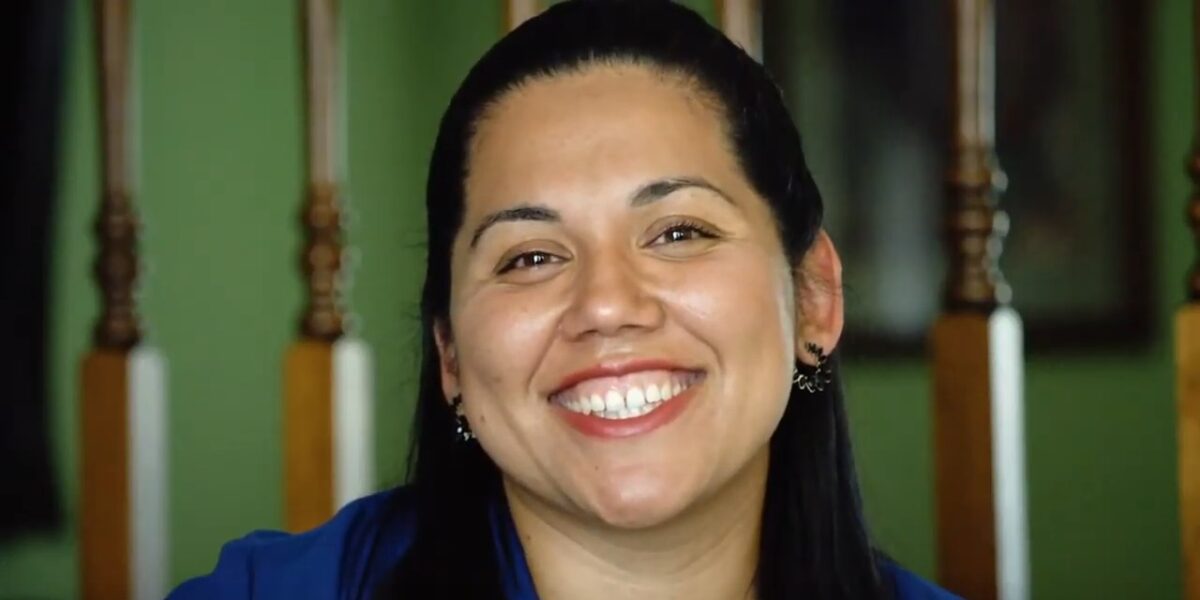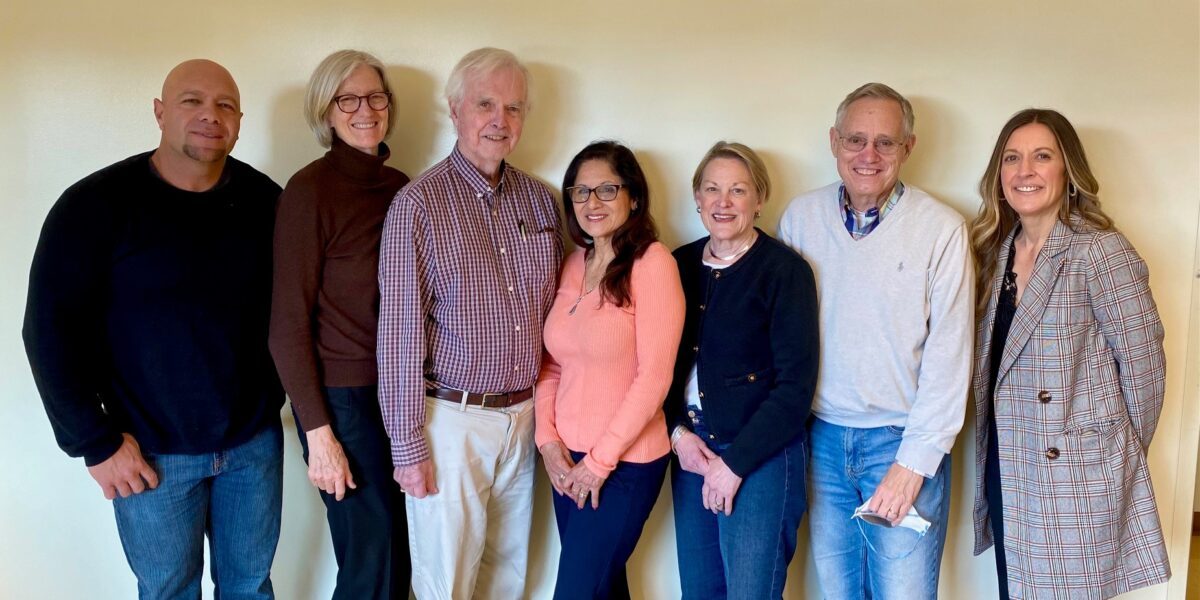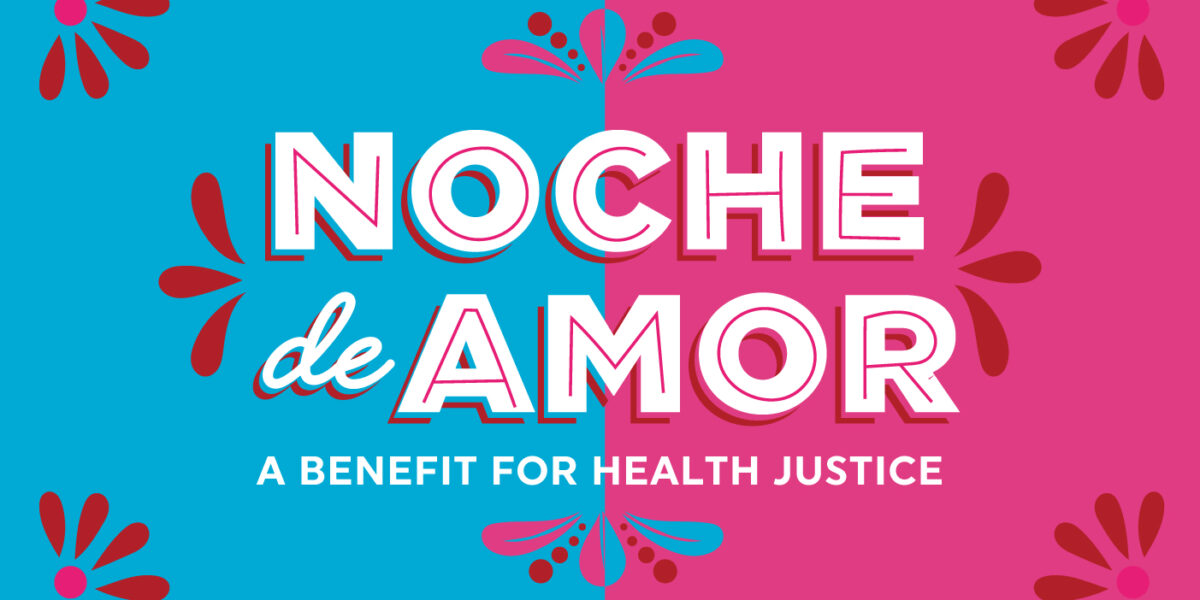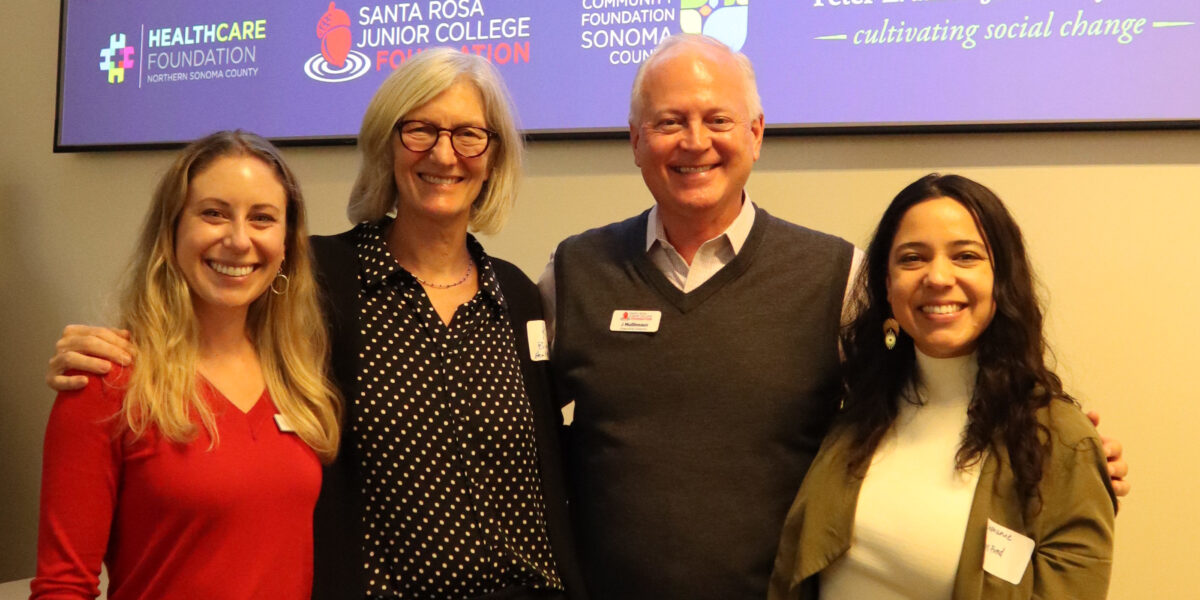

Spotlight: Mental Health Talent Grantee Yadira Esparza
At our Believe in Our Future Virtual Gala, we introduced you to Mental Health Talent Pipeline recipient Yadira Esparza. Read more about her here.

As our community has faced challenge after challenge in the form of floods, fires and this pandemic, we have repeatedly had to tap into our mental fortitude, our reserves of resilience. It’s one of the reasons we invested in the Wildfire Mental Health Collaborative following the 2017 fires and why mental health continues to be a priority for the Healthcare Foundation.
As part of our Believe in our Future Virtual Gala, we introduced you to Yadira Esparza, one of our incredible bilingual and bicultural Mental Health Talent Pipeline recipients. Yadira is a powerful force in our community, working to support families as they overcome setbacks, disasters and injustices and learn to thrive. She is finishing her master’s degree to become a marriage and family therapist and has worked with domestic violence survivors with local law enforcement and the Family Justice Center, as well as children and families in local public schools.
Most, but not all, of the domestic abuse survivors she works with are women. When she first meets them, they are often terrified, she says. If they are undocumented, they worry that filing a police report might lead to their own deportation, leaving their children alone in the U.S. with their abuser. When she arrives, she says, they realize “here’s someone that looks like me, speaks my language,” and then she is able to explain their options and the resources available to them, promising to walk alongside them through the process.
Yadira says there is a shortage of Spanish-speaking mental health practitioners in Sonoma County and plans to devote her career to working in systems that provide no-cost therapy and mental health support. She’s seen too many people recognize that they need help, actively seek therapy and get stuck on waitlists for over a year. There are either too few therapists or the cost is too high.
“If they can’t afford groceries, they aren’t going to spend the money on therapy instead of feeding their families,” she says of the low-income community she is committed to serving.

Yadira says one of the first domestic abuse survivors she ever worked with recently reached out to her to thank her for her support and to tell her that she had just received her U visa, a special visa for victims of specific crimes, including domestic violence. “This visa is something she wouldn’t have known about if there weren’t people like me in the field,” Yadira says. “It really motivated me to keep pushing forward. I can make a difference in people’s lives.”
Please watch this video to learn more about Yadira and how your support of the Mental Health Talent Pipeline is helping make mental health services available to everyone who needs them.

Related News + Stories
Invest in Our Community
Your support is vital to our collective vision of eliminating health inequities in northern Sonoma County.
Donate



